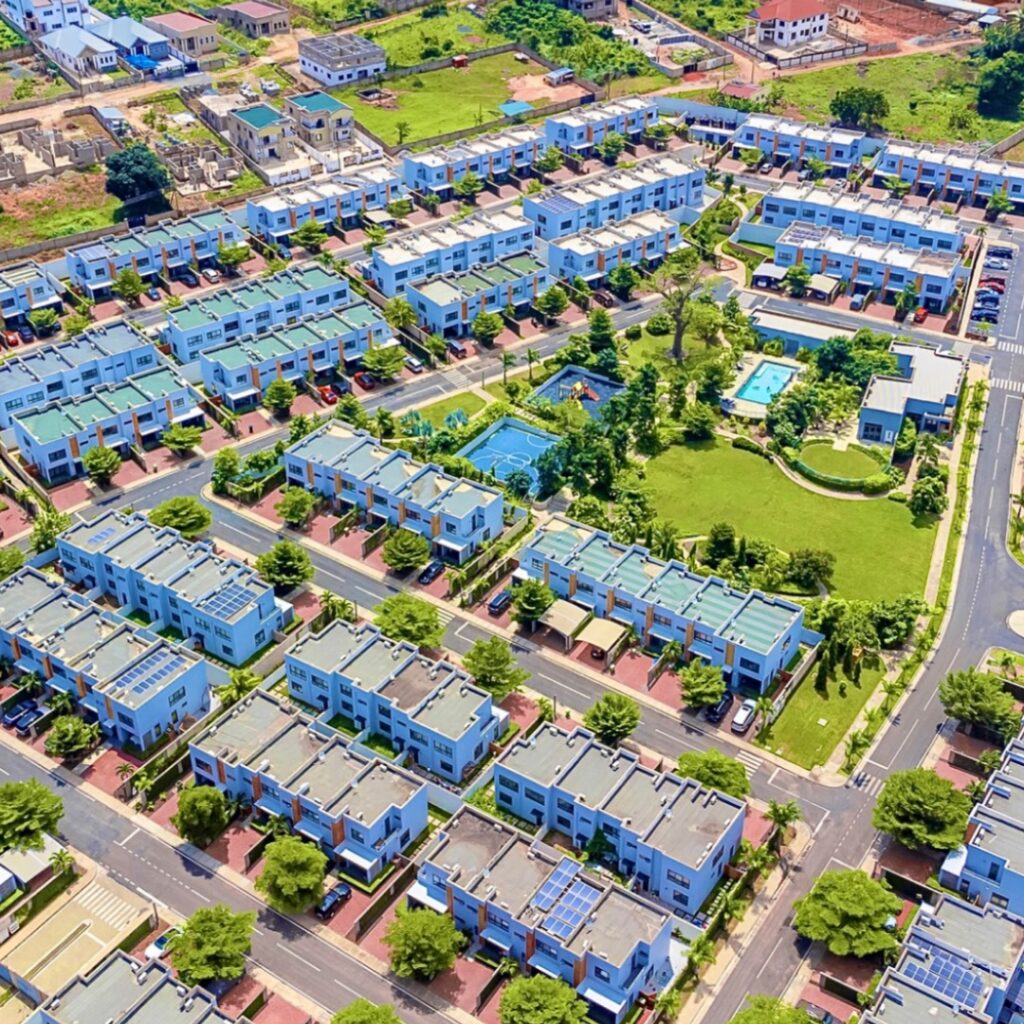The surge in rent prices in Ghana have become a significant concern for many Ghanaians, with many seeking affordable rental properties with easy-going owners.
Let’s delve into the reasons behind this surge and explore some strategies tenants can use to negotiate better rental terms.
Why Are Rental Prices Increasing?
1. Rising Expenses:
Landlords often face increasing costs related to property maintenance, repairs, insurance, property taxes, utilities, and other operating expenses. To offset these rising costs, they may increase rent.
2. Inflation:
Inflation reduces the purchasing power of money over time. To keep up with the rising cost of living and maintain the value of their rental income, landlords may raise rent.
3. Market Demand and Property Value:
High demand for rental properties and increasing property values can lead landlords to adjust rent to reflect current market rates. This helps them capitalize on the demand and ensure their rental income aligns with the property’s market value.
4. Property Improvements and Upgrades:
Significant renovations, upgrades, or improvements to a rental property can justify a rent increase. Enhanced living conditions or added amenities can add value to the property.
5. Fair Return on Investment:
Landlords aim to earn a reasonable return on their investment. Rent increases help them achieve this by covering costs, building reserves, and potentially investing in additional properties.
When Can Landlords Raise Rent in Ghana?In Ghana, landlords typically cannot raise rent during the term of a lease agreement, especially if they have taken a two-year rent advance.
Rent increases are usually negotiated when the lease is renewed. This means that while the current rental agreement is still in force, the landlord cannot apply to raise the rental rate
Strategies for Tenants to Negotiate Rent Prices.
Despite the rising rental prices, tenants can still negotiate better terms. Here are five effective strategies:
1. Research Comparable Rentals: Understand the market rates for similar properties in the area to have a strong basis for negotiation. Knowing what other landlords are charging can give you leverage in discussions.
2. Highlight Your Reliability:
Emphasize your history of timely payments and good tenancy to show you are a valuable tenant. Landlords appreciate reliable tenants and may be more willing to negotiate.
3. Negotiate Lease Terms:
Offer to sign a longer lease in exchange for a lower rent increase. A longer lease provides stability for the landlord and can be a bargaining chip for you.
4. Propose Property Maintenance:
Offer to take on minor maintenance tasks to reduce the landlord’s expenses. This can be an attractive proposition for landlords looking to cut costs.
5. Work with a Reliable Real Estate Consultant:
A consultant can provide valuable insights and negotiation strategies to help secure a better deal. They have the expertise and market knowledge to assist you effectively.
Conclusion
The rise in rental prices in Accra is driven by various factors, including rising expenses, inflation, market demand, property improvements, and the need for a fair return on investment.
While these increases are challenging for tenants, understanding the reasons behind them and employing effective negotiation strategies can help mitigate the impact. By staying informed and proactive, tenants can navigate the rental market more effectively and secure better rental terms.







